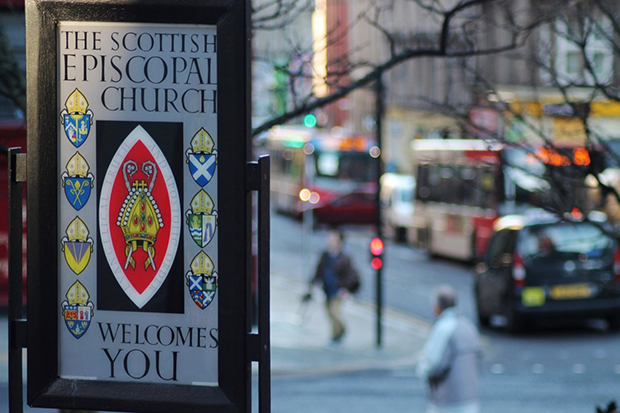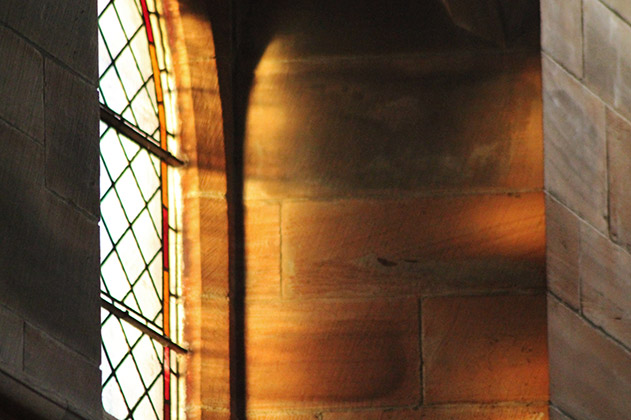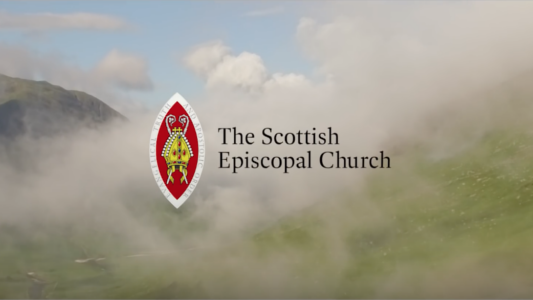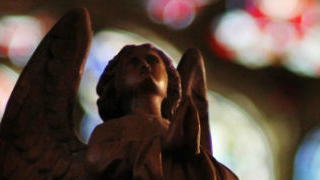A change in the law takes place with effect from 1st April 2012 which may affect congregations.
Under the Civic Government (Scotland) Act 1982, provision is made for the licensing of premises which are used as places of public entertainment. The Act allows Councils to require licences to be obtained for such premises. It is for each Council to determine whether or not it makes such a requirement and so practice may vary from place to place but it is understood that most Councils do require licences to be obtained.
Where licensing is required, a public entertainment licence is needed for the use of premises as ‘a place where members of the public are admitted or may use any facilities for the purpose of entertainment or recreation’. Excluded from the requirement are:-
- Premises belonging to or occupied by any religious body while being used wholly or mainly for purposes connected with that body; and
- Premises licensed under the Theatres Act 1968.
Until 1st April 2012, a licence is required only where the public are admitted ‘on payment of money or money’s worth’. From 1st April 2012, that requirement is repealed with the result that a licence will be required whether or not there is any form of admission charge. Exemptions 1 and 2 mentioned above continue to apply and so in many cases the question will be whether the use of the premises is ‘wholly or mainly for purposes connected with’ the Church. For example, the letting of a church hall for the holding of an exhibition is unlikely to fall within the scope of the exception. Many Local Authority websites contain information regarding licensing and if vestries are in any doubt they should contact their Local Authority accordingly.
Any person who, without reasonable excuse, does anything for which a licence is required without having such a licence commits an offence.
Finally, though there is no change to the law, a reminder that under the Theatres Act 1968, premises may not be used for the public performance of any ‘play’ (which includes not only plays but any form of dramatic event such as opera, ballet etc) except with a licence granted under the Act by the Local Authority. If a play is performed publicly in unlicensed premises, an offence is committed.
Vestries should, therefore, take care to ensure that any necessary licences for the use of premises are obtained.
March 2012
The General Synod of the Scottish Episcopal Church does not accept responsibility for any loss or liability which may arise from reliance on information or expressions of opinion contained in this document.
General Synod of the Scottish Episcopal Church
Scottish Charity No SC015962







